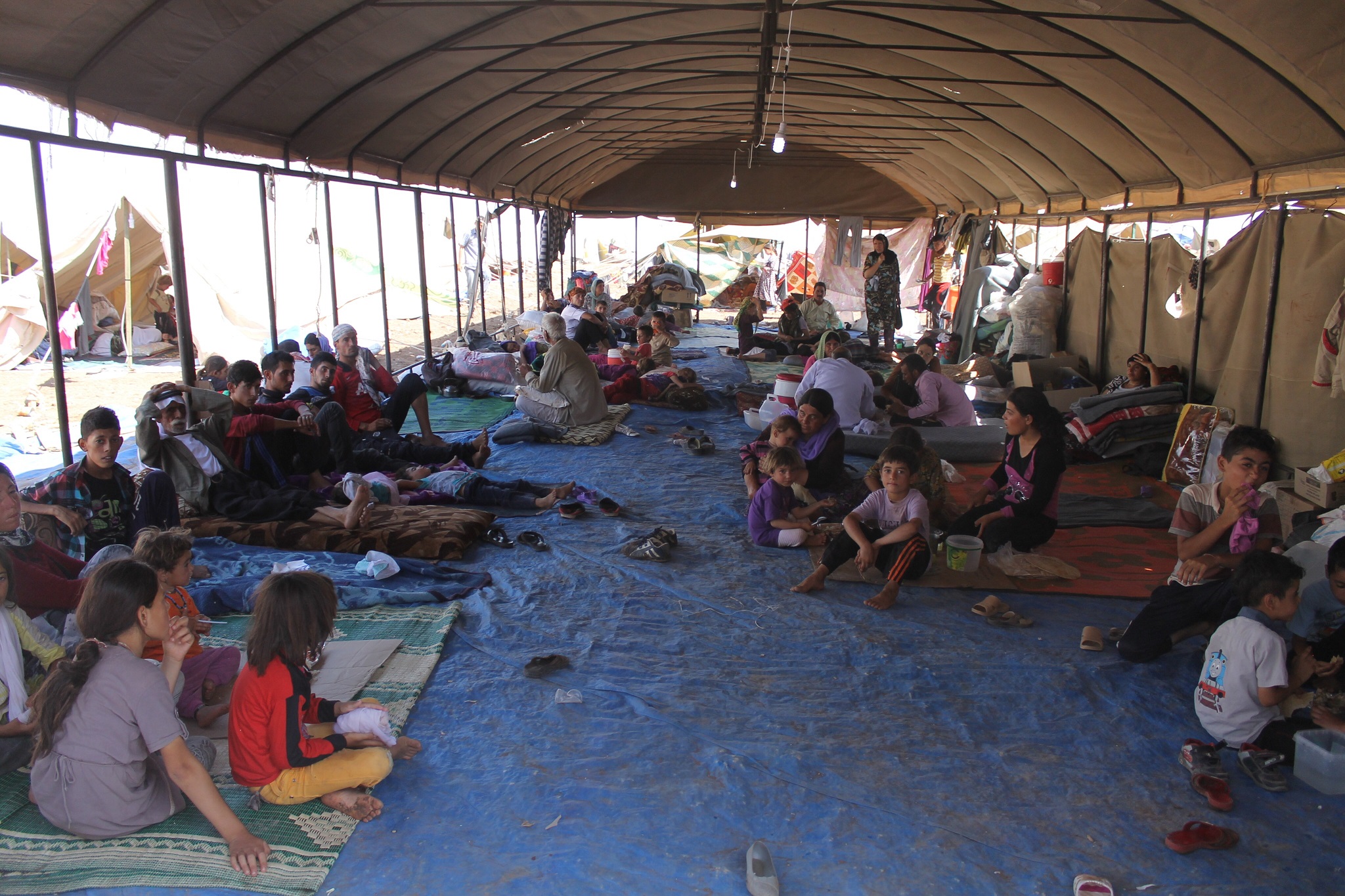Refugee Workers Call for More Government Effort to Help Yazidi Women Overcome Severe Trauma
As part of a special refugee resettlement program, the Canadian government welcomed 1,200 Yazidi women and children in 2017. This program sought to help the most vulnerable victims of ISIS.
The government intended to address the mental health needs of these victims, but the program falls short, according to some refugee workers. Based on these accounts, support services are struggling to coordinate, leaving traumatized women without the support and assistance they need. Across Canada, many refugee workers have noticed a disparity in this resettlement program.
The Canadian government funds specialized nongovernmental agencies to do the frontline work and leave specialized program planning to these agencies. This means that the preparation and implementation of support programs vary by agency.
Lack of Trauma Counselling
Unfortunately, it seems that many agencies were not prepared for the unique challenges of the Yazidi refugees. Upon arrival in Canada, many Yazidi women showed symptoms of post-traumatic stress disorder, and intake workers were not trained or prepared to handle their post-traumatic episodes.
While some agencies provide trauma counselling, others do not. The government was aware of the victims’ trauma when committing to their resettlement, so trauma counselling should have been a priority from the very beginning.
But like other resettlement programs, mental health treatment is left in the hands of family doctors. It’s up to these doctors to refer patients to therapy and counselling, though this system often leaves trauma victims waiting months to see a therapist. As they wait, they continue to suffer from the psychological pain of the trauma they experienced.
Language Barriers
Language is another barrier to providing these women with the help they need. Many Yazidi refugees speak Kurmanji, a Kurdish dialect and the ceremonial language of Yazidism. There are, currently, 16 interpreters who can communicate in Kurmanji – and they already had 1,500 Yazidis to help prior to the arrival of ISIS victims.
Complicating matters further, many Yazidis refuse to speak Arabic. What’s more, they won’t make use of Muslim Kurdish translators speaking Badini, a dialect very similar to Kurmanji. Much of this stems from the abuse and trauma suffered at the hands of the Islamic State.
Need for Family Reunification
Refugee workers are calling on the government to bring the families of these Yazidi women to Canada. They include spouses, children, and extended family.
This could help both the women and their families heal from their trauma. Family reunification helps refugees with resettlement and integration into society. They are more likely to do well if they have the love and support of family keeping them going.
Many of these women don’t know where their families are or if they’ve been hurt, enslaved, or worse. Not knowing where their children and loved ones are is as painful as their own trauma. They cannot start healing until they are with their families again and know the fate of their loved ones.
With time, more agencies have learned how to support the Yazidi refugees. Instead of relying on family doctors for mental health care, some agencies have started their own trauma counselling and support groups. But the lack of coordination across this resettlement program means that many are still at risk of falling through the cracks. When it comes to caring for vulnerable populations, their unique needs must always come first.
Contact a refugee law office for more information on refugee claims and resettlement programs.
Share this article
Arghavan Gerami
Arghavan Gerami is the Founder and Senior Counsel at Gerami Law Professional Corporation ('PC'), a full-service immigration law firm in Ottawa, Ontario. Since 2011, Ms. Gerami has focused her practice on immigration and refugee litigation. Prior to that, Ms. Gerami worked at the Ministry of Attorney General and the Department of Justice and had the privilege of serving the Honourable Mr. Justice M. Evans at the Federal Court of Appeal on immigration and administrative law appeals. Ms. Gerami contributes to the Immigration Law Section of the Canadian Bar Association, the Canadian Association of Refugee Lawyers, and the United Nations High Commissioner for Refugees. Ms. Gerami has also published numerous journal articles and presented at various immigration and refugee law conferences and events across Canada.

